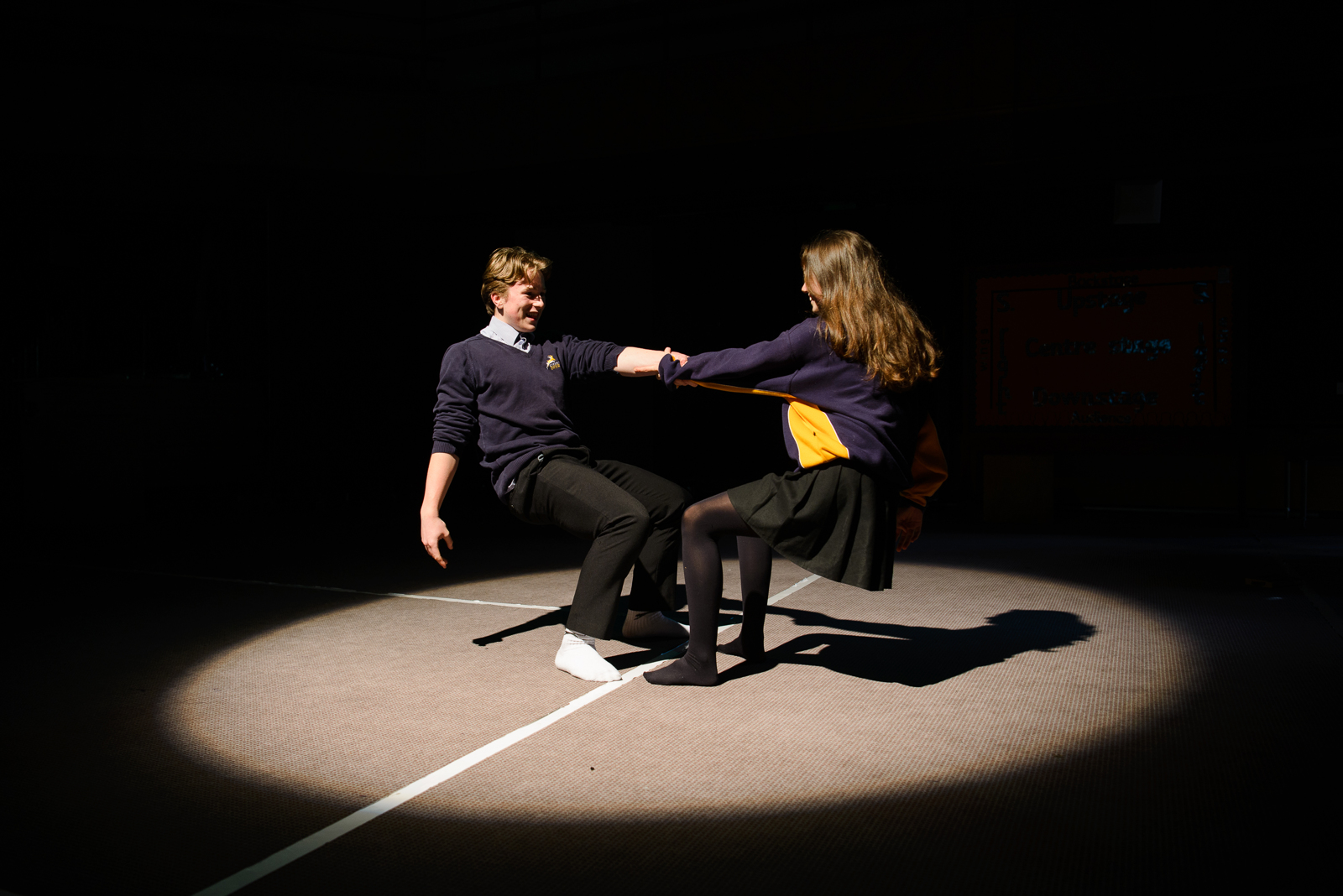Geography in Dorset

Year 11 GCSE Geography field trip to the Jurassic Coast
On Wednesday 20 and Thursday 21 September 2022, our Humanities Faculty took two groups of Year 11 GCSE Geographers to the Jurassic Coast. Despite the trip taking place a little later in the year than usual, both days were very warm and sunny – perfect for a day at the beach.
The aim of the trip was to collect primary data and evaluate the effectiveness of coastal management in three locations along the Jurassic Coast. In lessons, pupils have learnt the theory of coastal processes and management and the trip provided an excellent opportunity to see these in action outside the classroom. Pupils will be asked about their fieldwork experiences in their Physical Geography exam next June.
In the morning pupils visited Durdle Door and Lulworth Cove and as we descended the hill towards Durdle Door beach, many stopped to photograph the beautiful natural landscapes on this stretch of coastline. On the beach, pupils completed a field sketch, sediment survey and beach gradient profile, and were encouraged to explain why these methods were appropriate and useful in collecting information about coastal processes.




All pupils persevered and made it back up the hill to the cliff top and after a quick rest, we made our way to Lulworth Cove. After lunch, we compared the landforms, shape and sediment of Lulworth Cove to Durdle Door, finding many similarities due to both being on the same concordant coastline.
We then made our way further along the coastline to Swanage Bay, now on a discordant coastline, where hard and soft rocks are laid out at an angle to the sea. This has created distinct headlands and sheltered bays. Swanage is investing in many coastal management strategies and our pupils were asked to consider the effectiveness of these. By completing questionnaires, evaluation surveys and measuring the sediment heights along the beach, most decided that the coastal management strategies were effective at preventing erosion.
Back in class, all pupils will now reflect on their fieldwork experiences to reach conclusions and evaluate their work. They will complete fieldwork in a contrasting urban location in February next year.






